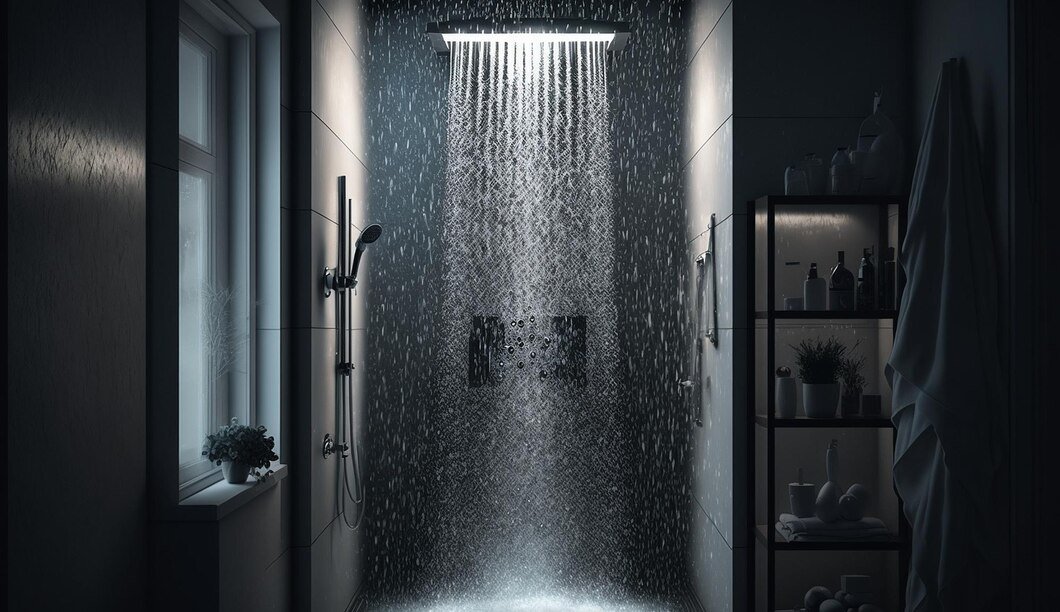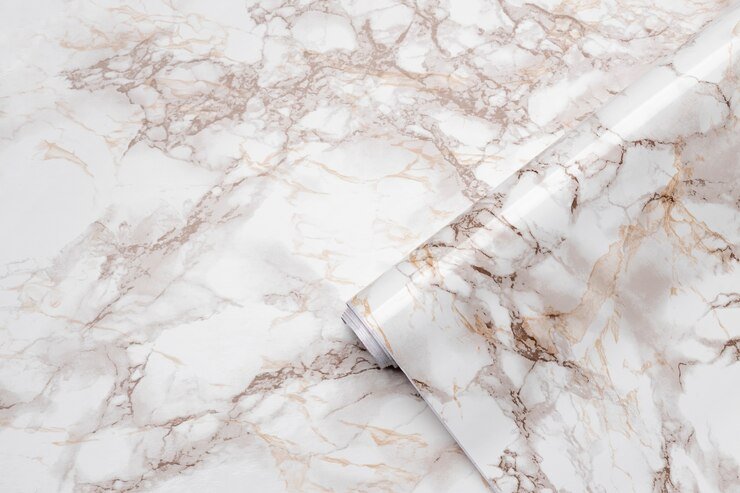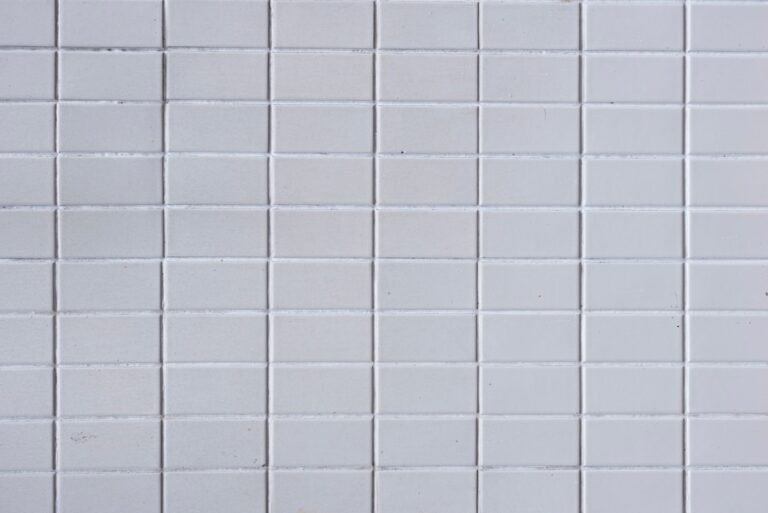Showering Etiquette Around The World: Cultural Perspectives
Showering is not just about hygiene; it’s a cultural practice deeply embedded in societies around the world. While the act of cleansing oneself may seem universal, the customs and etiquettes associated with showers vary significantly from one culture to another. Understanding these nuances provides insights into diverse cultural values, beliefs, and societal norms. Let’s embark on a journey through different countries and explore the fascinating world of showering etiquette.LED Mirror Manufacturer in Vasundhara
To Know More About It Please Click Here
Japan: The Ritual of Cleanliness
In Japan, bathing is not just a mundane task; it’s a cherished ritual deeply rooted in tradition and spirituality. The Japanese often take baths rather than showers, with the traditional practice of soaking in hot communal baths called “onsen” or private baths known as “ofuro.” Before entering the bath, it’s customary to thoroughly wash and rinse one’s body outside the tub to ensure cleanliness. Additionally, it’s considered impolite to enter the bath with soap or shampoo residue, as it contaminates the communal water.
India: Purification and Spirituality.LED Mirror Manufacturer in Vasundhara
In India, bathing holds immense spiritual significance and is an integral part of daily life. Many Hindus practice ritualistic bathing, known as “scan,” which involves cleansing the body in natural bodies of water, such as rivers or sacred lakes. The Ganges River, in particular, holds great importance for Hindus, who believe that bathing in its waters purifies the soul and washes away sins. Furthermore, in Indian households, it’s customary to shower before entering temples or engaging in religious ceremonies as a sign of purity and respect.
Middle East: Cleanliness and Modesty
In Middle Eastern cultures, modesty and cleanliness are paramount when it comes to showering. Islamic practices dictate a specific ritual of purification, known as “wudu” or “ablution,” which involves washing certain parts of the body before prayer. Muslims are required to perform wudu before each of the five daily prayers, emphasizing the importance of cleanliness in spiritual life. Moreover, in some Middle Eastern countries, it’s customary to shower thoroughly before attending social gatherings or visiting others’ homes as a sign of respect and hygiene.
Western Cultures: Personal Hygiene and Efficiency
In Western cultures, showering is primarily viewed as a personal hygiene routine focused on cleanliness and efficiency. Showers are often taken individually, with each person having their own bathing space in the household. While there are no strict cultural rituals associated with showering in Western societies, there are general etiquettes such as keeping the bathroom clean, not hogging the hot water, and respecting privacy when sharing living spaces with others.
Conclusion: Bridging Cultural Divides
As we traverse the globe, it becomes evident that showering etiquettes are deeply intertwined with cultural values, religious beliefs, and social norms. Whether it’s the ceremonial baths of Japan, the spiritual purification in India, the modesty practices in the Middle East, or the efficiency-driven routines in the West, showering reflects the diverse tapestry of human civilization.
Understanding and respecting these cultural differences not only fosters appreciation for the richness of global diversity but also promotes cross-cultural understanding and harmony. So, the next time you step into the shower, remember that you’re not just cleansing your body; you’re partaking in a cultural tradition that spans continents and millennia. LED Mirror Manufacturer in Vasundhara








